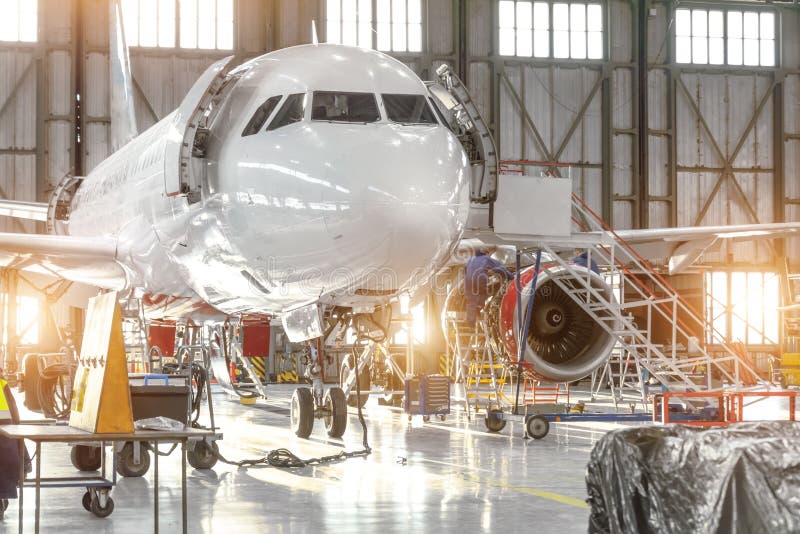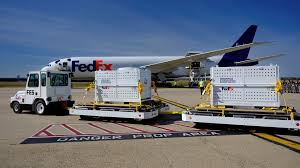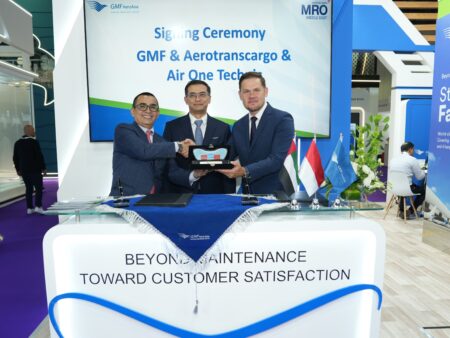Jaideep Mirchandani, Chairman of the UAE-based aviation conglomerate Sky One, offers expert insights on MRO policies, drawing from extensive aviation industry experience.

The Indian MRO industry is expected to grow from USD 1.7 billion in 2021 to USD 4.0 billion by 2031, driven by a compound annual growth rate (CAGR) of 8.9 percent. With over 1,000 aircraft on order, India is poised to become the third-largest purchaser of commercial passenger planes globally. This growth necessitates 200–300 major maintenance checks annually and highlights the increasing demand for MRO facilities.
In January of this year, the Maintenance Repair Overhaul (MRO) facility of AAR-Indamer at Mihan SEZ in Nagpur was formally inaugurated, underscoring the burgeoning prospects of MRO development within the country. The collaborative venture between Indamer and AAR aims to triple the existing capacity, offering services to wide-body aircraft and establishing a component repair shop and final assembly line dedicated to helicopters and fixed-wing aircraft.
Additionally, Boeing is establishing a new Boeing Converted Freighter (BFC) line in Hyderabad, enhancing capabilities in cargo handling, complex aircraft modification, and MRO. Hindustan Aeronautics Limited (HAL) and Airbus have also signed a contract to establish MRO facilities for the A320 family of aircraft, indicating a special emphasis on India by leading aviation companies.
MRO services are categorised into four major segments: line maintenance, component maintenance, airframe heavy maintenance and modification, and engine maintenance. Engine and auxiliary power unit (APU) maintenance constitute nearly 60 percent of total MRO expenditure.
Despite significant outsourcing to countries like Singapore, the UAE, Turkey, and Dubai, there is a need to bolster the domestic MRO sector to enhance self-reliance, reduce costs, and contribute to economic growth. The Vision 2040 document of the Civil Aviation Ministry aims to transform India into a global MRO hub, with the NITI Aayog suggesting an incremental strategy involving joint ventures with global players.
The government has taken steps to support the domestic MRO sector by reducing GST on domestic MRO services and waiving customs duty on tools and spares imported by MROs. Skill development training partnerships are also crucial to mitigate reliance on foreign expertise.
In conclusion, developing a comprehensive MRO policy and creating a supportive framework for investors are key to realising the potential of this growing sector in the near future.











